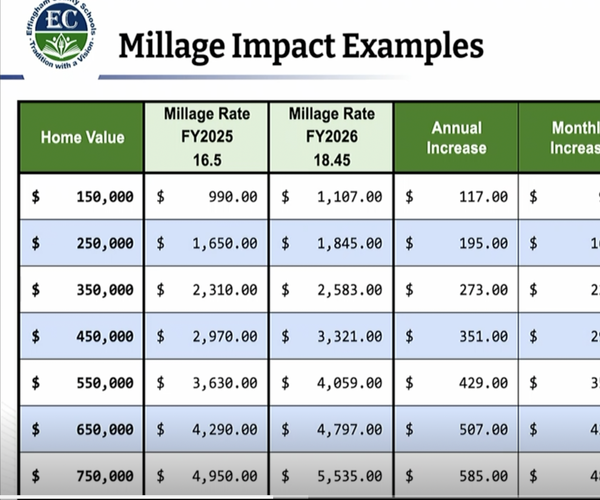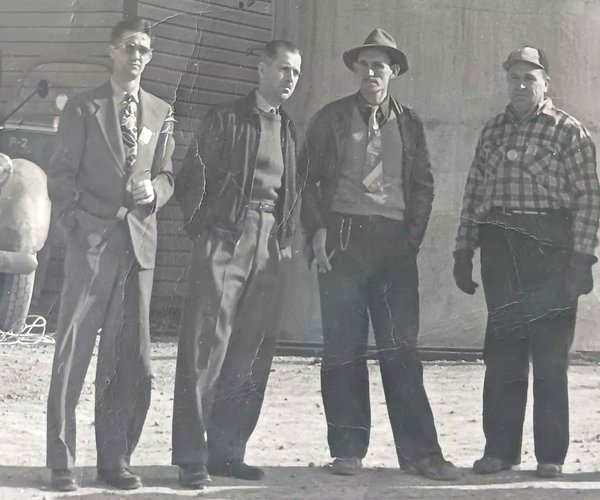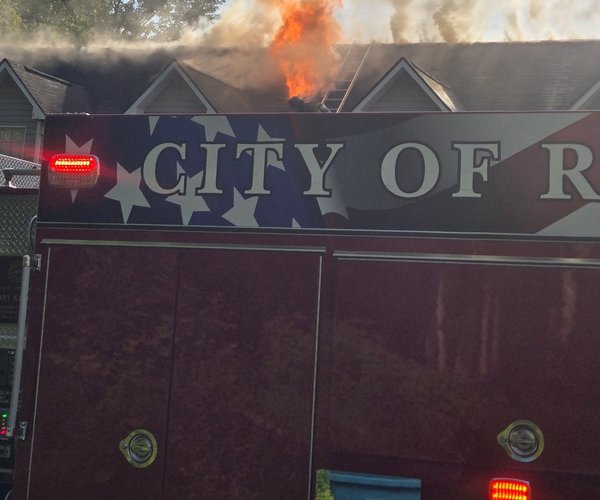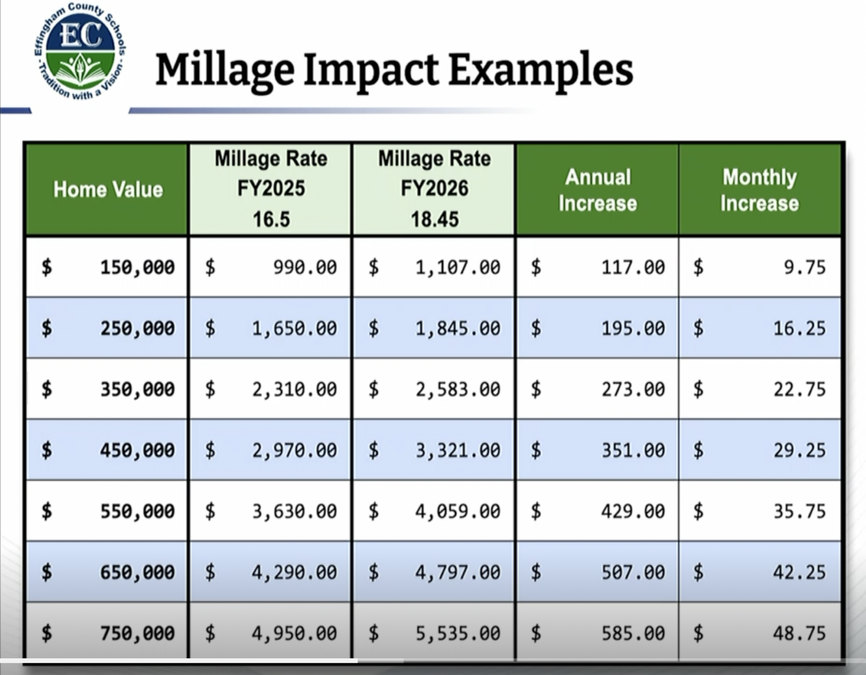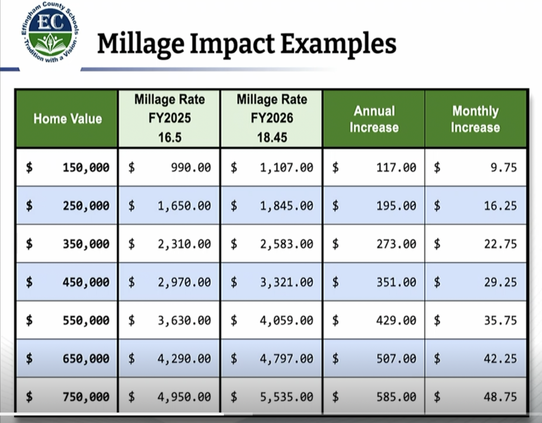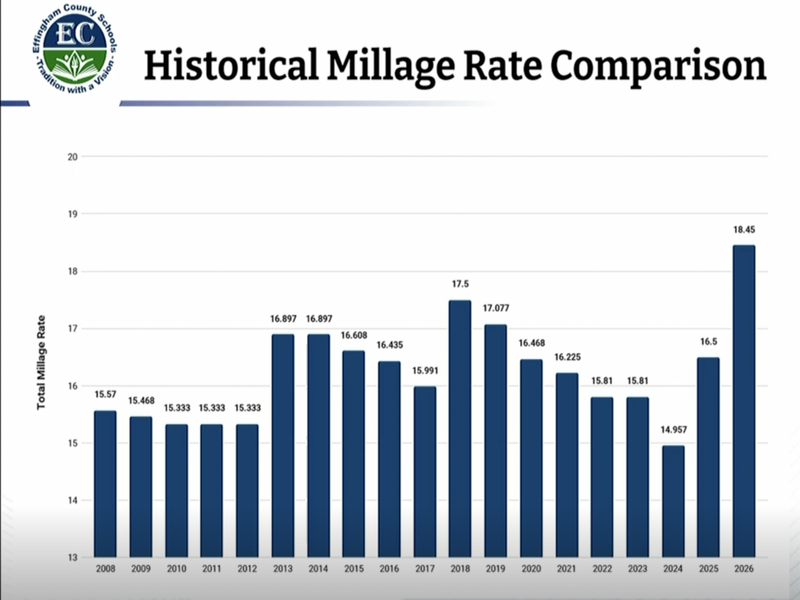Dozens of civil suits brought against a Screven County textile plant in the wake of one of the state’s largest fish kills have been settled, according to attorneys for both sides.
A comprehensive settlement agreement will result in the voluntary dismissal of dozens of civil suits brought by riverfront landowners against King America Finishing in Bulloch County Courts following a May 2011 fish kill in the Ogeechee River.
Settlements are still being finalized, according to attorneys, with four cases pending in Bulloch County Superior Court. There also are other cases in other courts, but settlements have been reached with landowners in counties along the 77-mile stretch of river affected by the May 2011 fish kill.
The financial terms of the settlements are confidential and cannot be disclosed by any party.
“We are so pleased that we have been able to resolve this dispute with so many of our neighbors,” said King America’s President Mike Beasley. “We expect to be neighbors for a long time, and we needed to find a way to peacefully share the same community.”
Attorney Greg Hodges of Oliver Maner LLP, who represents many of the landowner plaintiffs, echoed King America’s satisfaction with the settlement.
“We worked long and hard to come to terms that everyone could live with,” he said.
Hodges further expressed confidence that King America’s current discharge is not harmful to life in and along the Ogeechee River. “It’s apparent to me that King America has made a lot of changes since the fish kill, and now has the most tested, monitored, and scrutinized wastewater discharge in the state of Georgia.”
The Ogeechee Riverkeeper filed suit in July 2012 against King America Finishing for damages under the federal Clean Water Act. The defendant’s motion to dismiss was denied in part and granted in part. Judge Lisa Godbey Wood of the U.S. Southern District Court ruled that the Riverkeeper’s notice of intent to sue met the Clean Water Act’s standards with respect to discharge, monitoring and reporting requirements for color, ammonia, formaldehyde and pH. But King America Finishing’s motion to dismiss claims under the Clean Water Act for hydrogen peroxide, total phenols, total suspended solids and biochemical oxygen demand was granted.
In its lawsuit against King America Finishing, the Riverkeeper pointed out the Ogeechee has been designated as a fishing river by the state, “which affords it certain additional protection under the law. The actions of the defendant have substantially interfered with its designated use.”
The plant began operating two flame-retardant fabric finishing lines and discharging wastewater from those lines, without seeking an additional permit or notifying the state, in April 2006, the Riverkeeper charged. “In addition to having an un-permitted production line illegally discharging wastewater, King America violated the terms of its existing permit numerous times,” the Riverkeeper’s suit contended.
The state Environmental Protection Division was notified May 20, 2011, of dead fish in the Ogeechee River and two attempts to reach King America’s emergency contact went unanswered. Thousands of dead fish eventually were discovered downstream of King America’s discharge pipe into the river, with the initial findings taking place 50 yards from the outfall. No dead fish were found upstream from the discharge pipe.
The Riverkeeper’s suit also asks that the plant be stopped from committing future violations of the Clean Water Act, be ordered to change its facility practices to cease all violations of the Clean Water Act and the state Water Quality Control Act and be ordered to “restore the physical, biological and ecological integrity of the Ogeechee River” and to restore the fish populations destroyed in the May 2011 and May 2012 fish kills.
EPD officials held a public hearing on the company’s draft discharge permit in May. The draft permit replaces a permit issued to King America Finishing in August 2012, but after legal challenges, that permit was rescinded and the company was ordered to perform an antidegradation analysis.
The Riverkeeper also issued objections to an earlier consent order on the company, stating public notice was not given and public comments were not taken.


